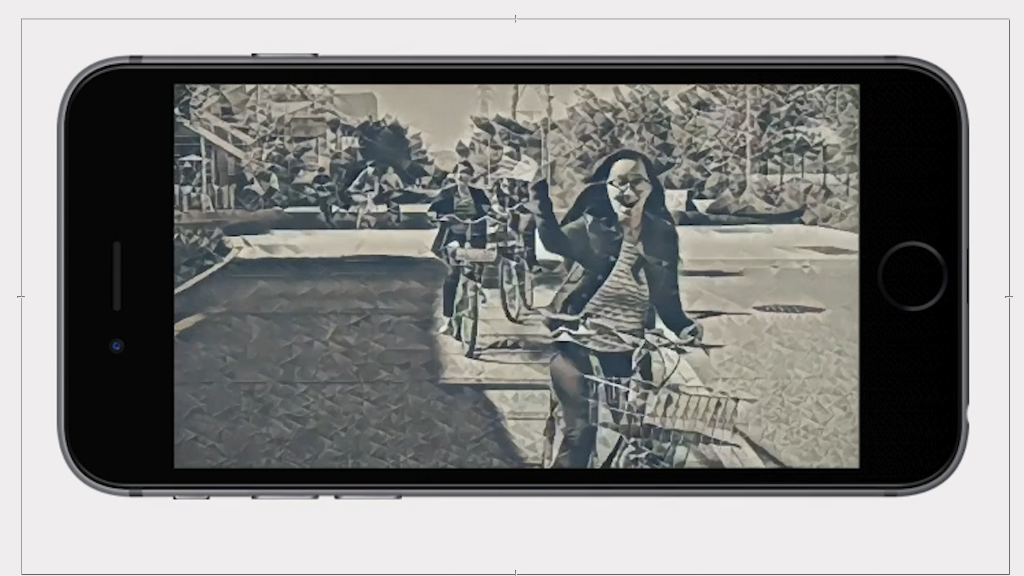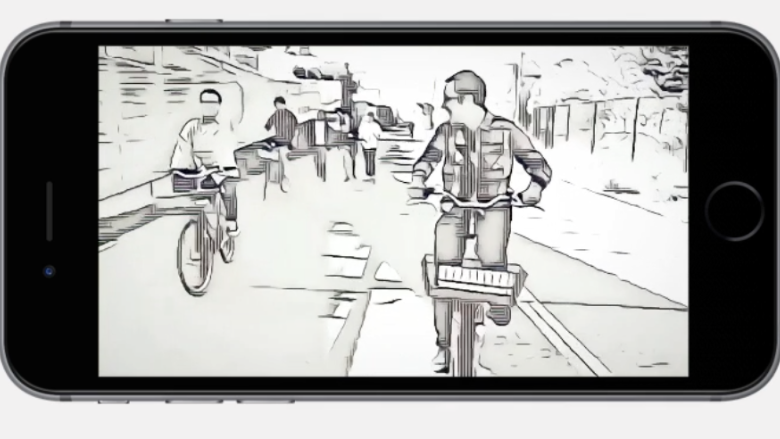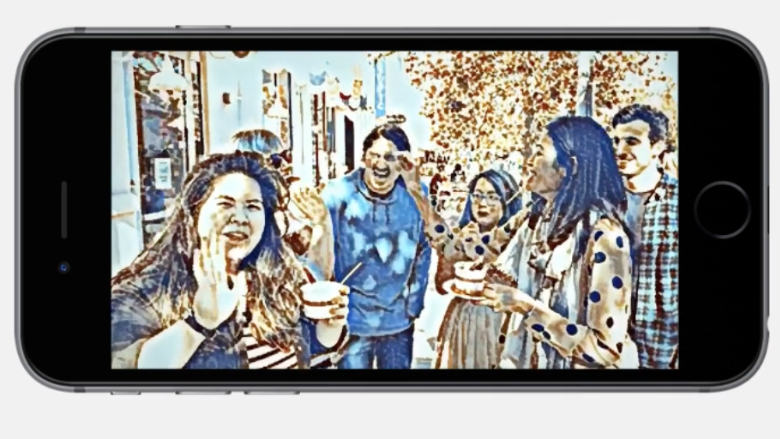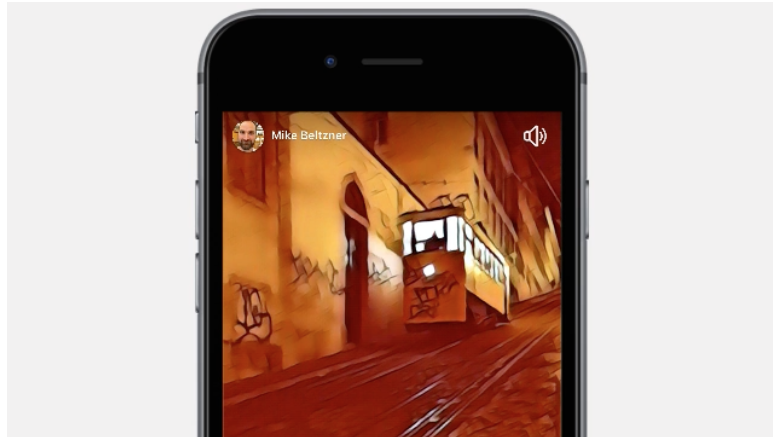
It's unlikely any of us will ever paint like Picasso, but it's getting easier to at least mimic his style.
Facebook's smartphone app is the latest to let users alter videos and photos with filters that resemble the style of famous artists, such as Van Gogh. The company announced Tuesday a new artificial intelligence tool is coming to the platform. It will gradually roll out to users.
In August 2015, German researchers trained a computer to create images in about an hour that are reminiscent of great painters. Since then, websites and apps like Prisma have made it possible to do the same with our photos at much faster speeds.
Now, Facebook (FB) will expose the technology to billions of its users. Videos are increasingly common on the social network, so it wants to make sure there are tools to create and share the most interesting clips.

The filters will be named after a specific work of art, such as Starry Night, rather than an artist. It will also be possible to livestream video modified with an artist's style.
Facebook's director of applied artificial intelligence Joaquin Candela believes it will be the largest exposure that people have ever had to art, thanks to Facebook's large user base.

In a three-month period, Facebook devised what was needed from a computer processing standpoint to make AI work on a smartphone.
First, Facebook streamlined how its algorithms apply the filters. How much time the algorithm spends processing an image or video is optimized, removing unnecessary and time-intensive calculations. The amount of data the algorithms process is also restricted so a smartphone won't be overwhelmed.
While the process once required high-powered computers working in the cloud, it can now be done on smartphones even if they're on airplane mode or offline.
Related: Prisma now lets you add artsy filters to videos
Facebook's accomplishment is also a reminder of how top tech companies such as Amazon (AMZN) and Google (GOOGL) are investing heavily in artificial intelligence. As computers become increasingly capable, there's more data for machines to learn from than ever before.

The technology, which works best on newer devices, is expected to use more battery life than Facebook's app usually needs.
Late last month, Mark Zuckerberg shared a sneak peak of how it works:
Facebook's news also raises the question: If Picasso or Van Gogh were alive today, what tools or social platforms would they choose to express themselves?

